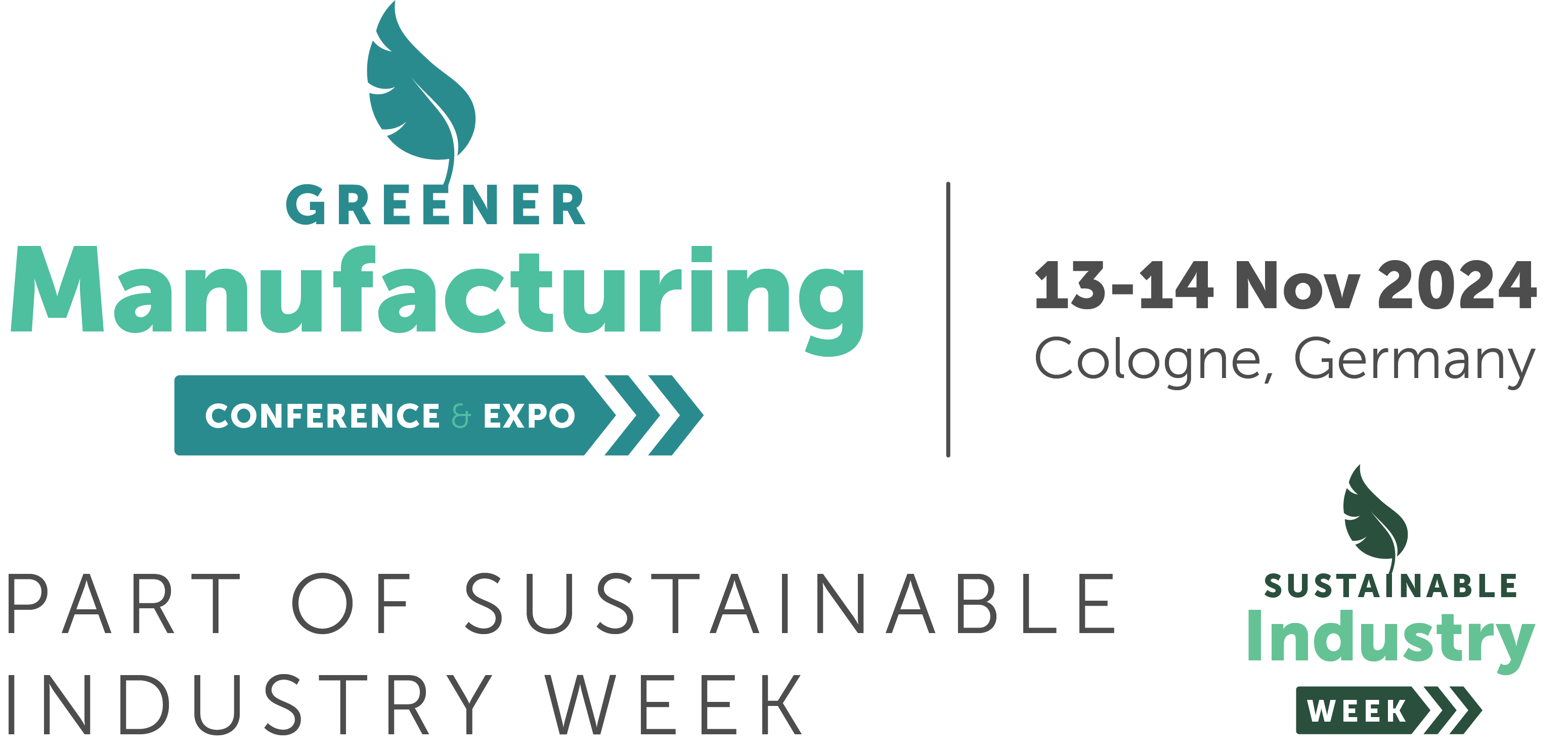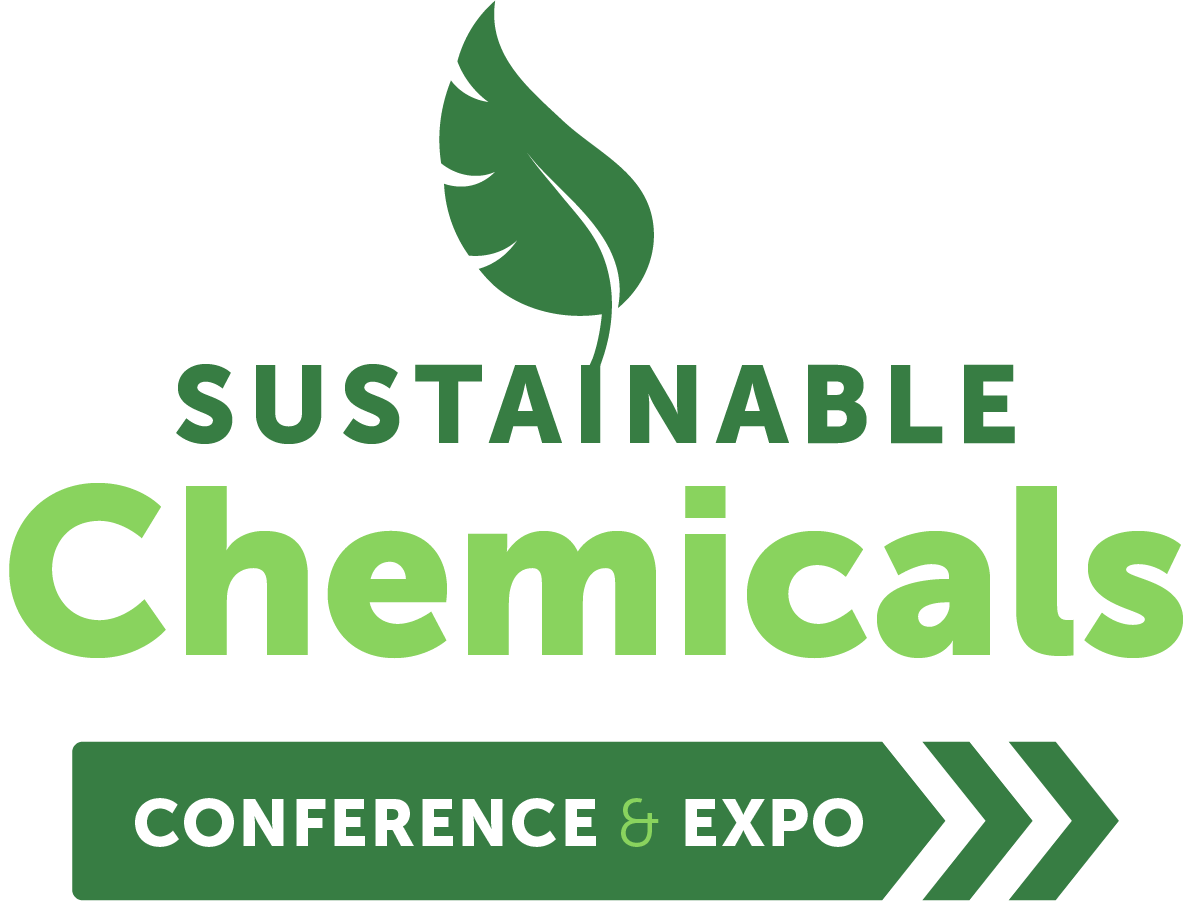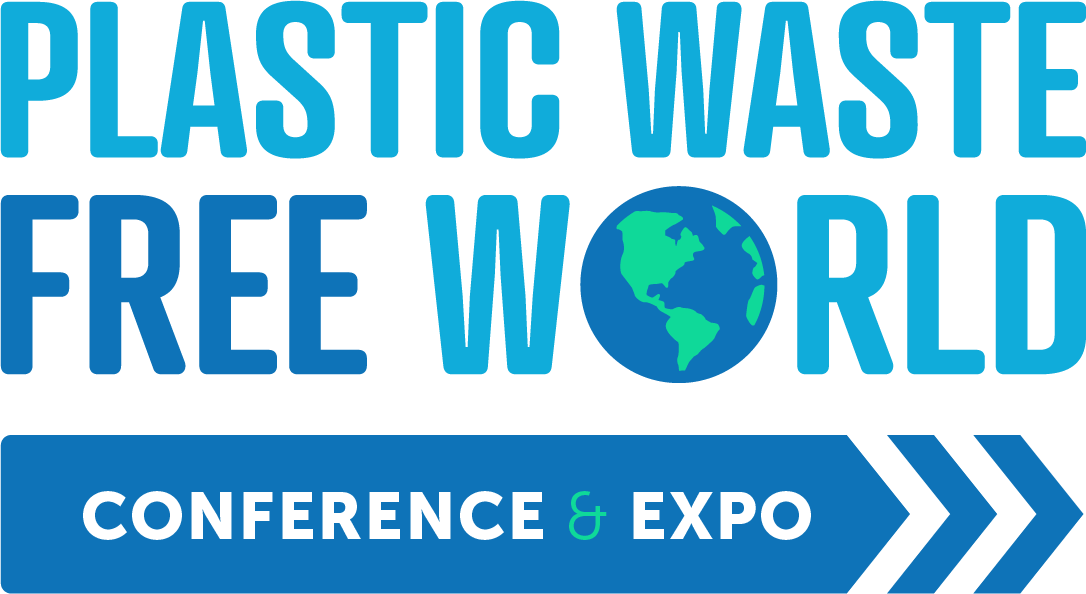Sustainability Performance Enhanced as More Companies Advance Supply Chain Risk Mitigation and Resilience
)
Companies of all sizes around the world have improved their sustainability performance over the past five years. This insight and more are found in the sixth edition of the annual Business Sustainability Risk & Performance Index, published on 4 October business sustainability ratings provider EcoVadis. More companies than ever are also engaging in sustainability ratings. EcoVadis claims it saw a 61% growth in the number of assessments from 2017-2021, and for the first time in 2021, more than half of all companies have been assessed multiple times.
This Index is based on the sustainability performance data derived from over 83,000 ratings of nearly 53,000 companies across 800 value chains assessed by EcoVadis between 2017 and 2021. Organizations are scored on 21 sustainability criteria across four themes: Environment, Labor & Human Rights, Ethics, and Sustainable Procurement. Scoring ranges from zero to 100 categorized into the following performance levels: below 25 represents Insufficient (high risk), 25-44 represents Partial (medium risk), above 45 represents Good, and above 65 is Advanced.
More than 65% of companies are achieving a performance level of Good or better, up from 50% in 2017. Meanwhile, the share of companies with Partial sustainability performance fell from 45% in 2017 to 32% in 2021.
“Increased regulatory pressures and ongoing supply chain disruptions are putting a bigger spotlight on sustainability risks and requiring organizations to rethink their approach to their social and environmental commitments,” said Pierre-Francois Thaler, co-founder and co-CEO of EcoVadis. “We are seeing that improvement accelerates as companies within our network advance further along in their sustainability journeys.”
Although Sustainable Procurement scores had been historically declining, this theme saw an increase this year of 1.2 points from 2020 (38.8 vs 37.6 respectively). Performance on Labor & Human Rights was the highest among all themes with an average score of 52.2. However, weaknesses in human rights due diligence persist in some industries, which is explored in more detail in the report.
Other Index highlights include:
- Readiness for Human Rights Due Diligence Remains Low: Only 11% of companies conducted a supplier assessment and 5% a child and forced labor internal risk assessment in 2021. This is particularly concerning for businesses as human rights due diligence laws proliferate, while the International Labor Organization estimated that the number of people trapped in modern slavery surged by 10M in the past five years.
- Sustainability performance improves despite ongoing supply chain turbulence. Average sustainability scores reached 49.2 in 2021, 1.7 points higher than 2020. This represents a doubling of the 0.9 improvement observed from 2019-2020, despite ongoing supply chain disruptions that continue to follow the pandemic. Asia-Pacific was the most improved region in 2021, gaining 1.8 points.
- More industries are crossing the 50-point threshold. While no industry group scored above 50 in 2017, five have since crossed this threshold. Finance, Legal and Consulting firms (53.4) jumped to the top of the industry rankings due to their strong performance on both Labor & Human Rights and Ethics. Next is Construction (51.5), followed by Food & Beverage (51.4), Heavy Manufacturing (50.5) and Light Manufacturing (50).
- Small and medium-sized (SMEs) companies are improving at a more rapid rate. All company sizes improved their sustainability performance between 2017-2021, but SMEs – which account for over 70% of global supply chains – outperformed large companies over the five-year period. Although large companies achieved their strongest result yet, their rate of improvement was less than SMEs by ~2 points.
The findings of the Index – which aggregates global and industry averages from across the network – is illustrative of the depth of the insights achieved through the platform by 800+ procurement and finance value chain portfolio managers. “Companies who consistently use a ratings-based engagement strategy are reaching greater levels of sustainability management performance across their value chains – a foundational element to supply chain risk mitigation and resilience. And as those programs mature to more advanced stages, they can see much more dramatic improvement in the years to come,” continued Thaler.
To view this year’s full study, as well as create custom views of specific sectors, geographies, and themes, visit the EcoVadis Sustainability Index and Impact resource center.
Press release edited by Suzanna





